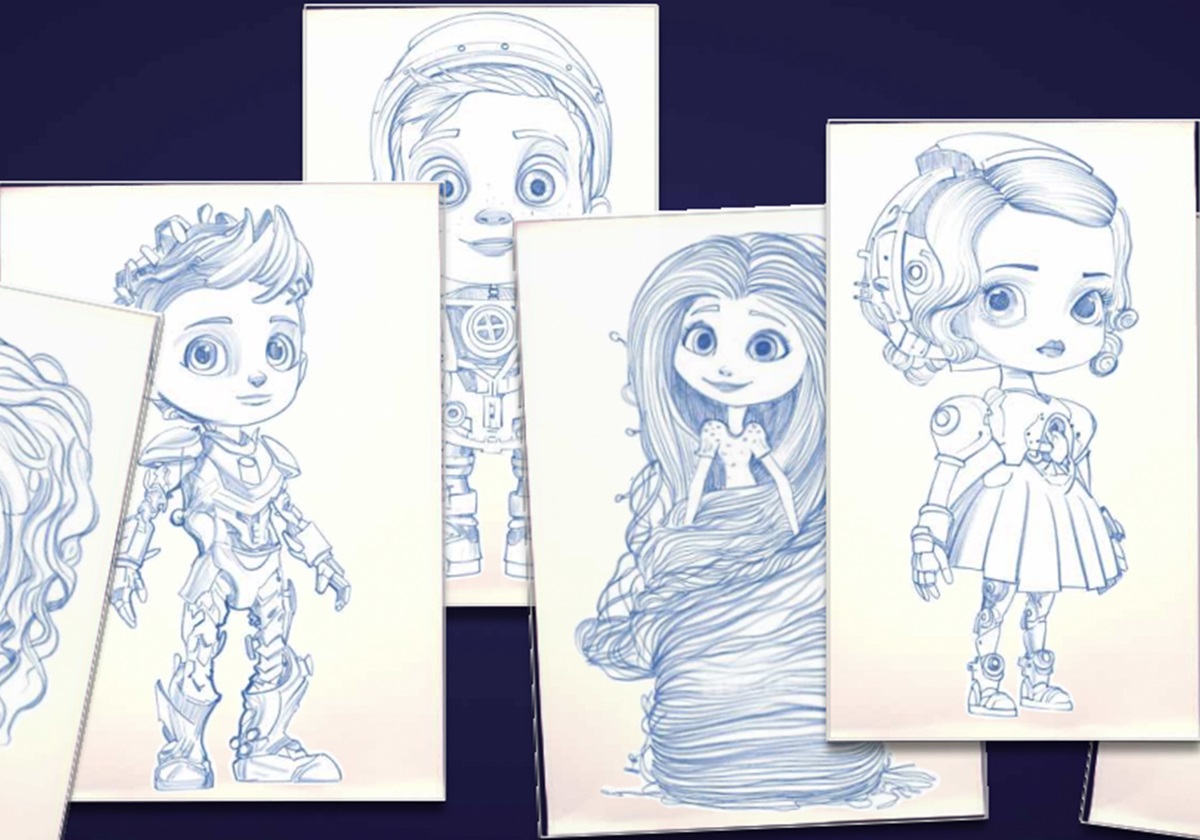Elf Labs is unveiling itself as a new transmedia business built around its ownership of hundreds of trademarked fairytale characters in zombie form.
The Los Angeles company has an Emmy-winning production team, a seasoned branding/licensing division and it is powered by AI and compression technology, Elf Labs said. It was started (originally as Toon Studio) by Billy Phillips 15 years ago and is now run by CEO David Phillips, his son.

Unlock premium content and VIP community perks with GB M A X!
Join now to enjoy our free and premium membership perks.
![]()

![]()